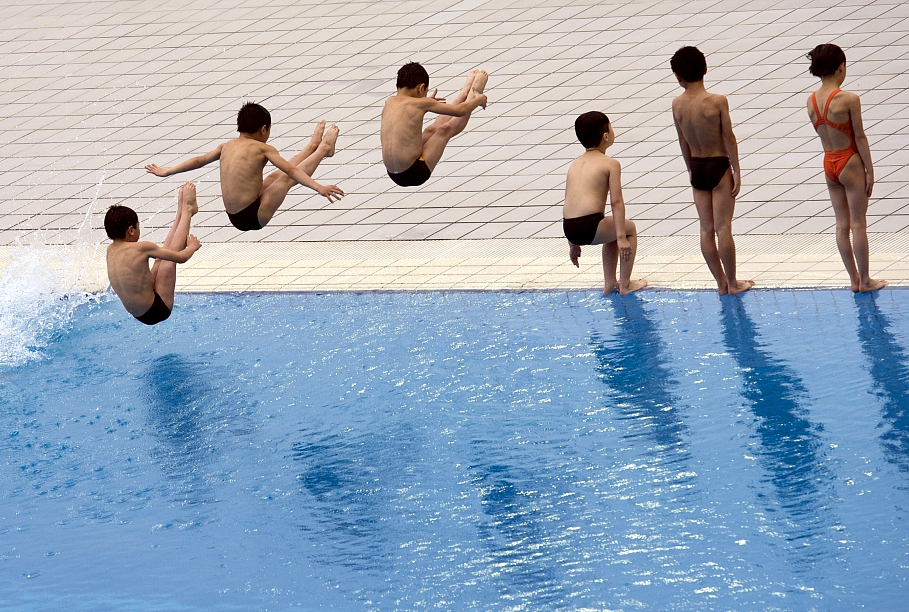The fisherman decided to study sports psychology after the end of his professional career. Currently, he conducts various seminars, master classes and individual consultations for athletes. It helps at work that he himself has gone through situations that he now helps young athletes to deal with
“One is to read in theory, in a book, how it should be. The other is how the athletes and I can evaluate from my own experience how it really was. By simply combining theory with practical experience, how those things really were, then you can first of all, you can draw very good conclusions. Second, you can feel better in the shoes of the athletes,” he explained.
Kristaps Zvejnieks
–
Born in 1992 in Riga
- Participated in alpine skiing in three Winter Olympic Games (2010, 2014, 2018)
- The best Olympic achievement – 26th place in the combined in 2018 in PyeongChang
- Master in Sports Psychology
–
–
Athletes in Latvia are becoming more and more interested in sports psychology. Improving your abilities is relevant for all athletes, regardless of the type of sport.
“Sports psychology as such is a science that, in simple words, studies three things – what the athlete feels, why he feels it and how to optimize those feelings. Mostly, all of this happens about and around stress.
It is the most essential thing, but it is important to understand that stress does not always need to be excluded, it is simply necessary to learn to get it to the right, comfortable level so that the athlete can survive it,” said Zvejnieks.
Athletes mostly turn to the psychological preparation coach to learn various techniques and methods, with the help of which they can simply develop their potential even more, learn to overcome or control what prevents them from achieving higher results.
“In Latvia, it is being talked about more and more, but relatively slowly and lazily, while abroad it is a completely normal thing,” Zvejnieks admitted.
“Let’s take two equal athletes. Equally prepared both technically and physically. Mostly the one who believes more that he can do it at all will win. In principle, it all starts and ends in the head, the movement also starts in the head with the thought that we want something what to do,” he explained.
Evaluating the age at which athletes should also focus on their psychological world, Zvejnieks pointed out that it would make sense to start doing this from 10-12 years old. “This is the stage of age when the athlete himself begins to understand why he does what he does – there will be a greater motivation to understand himself more deeply,” he added.
–
Highlight the text and press Ctrl+Enterto send the text fragment to be corrected to the editor!
Highlight the text and press on Report a bug buttons to send the text fragment to be corrected to the editor!
–
–


